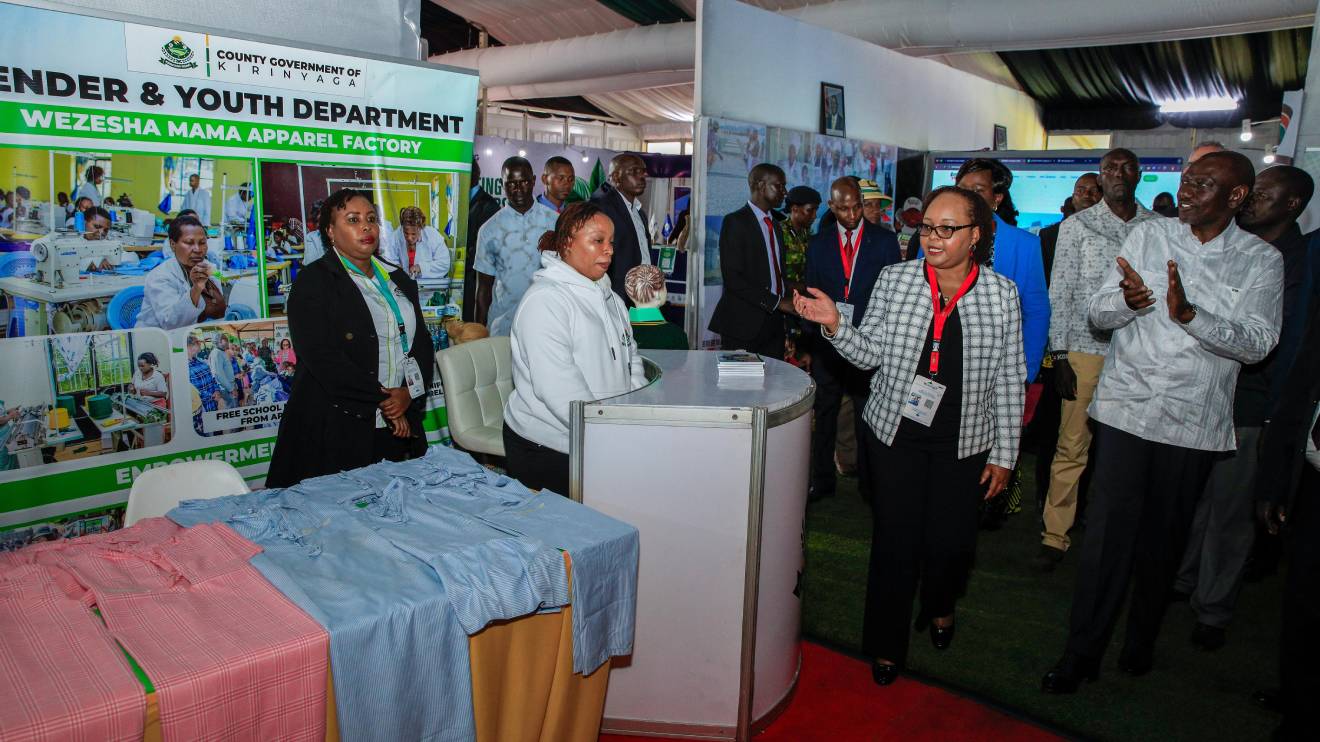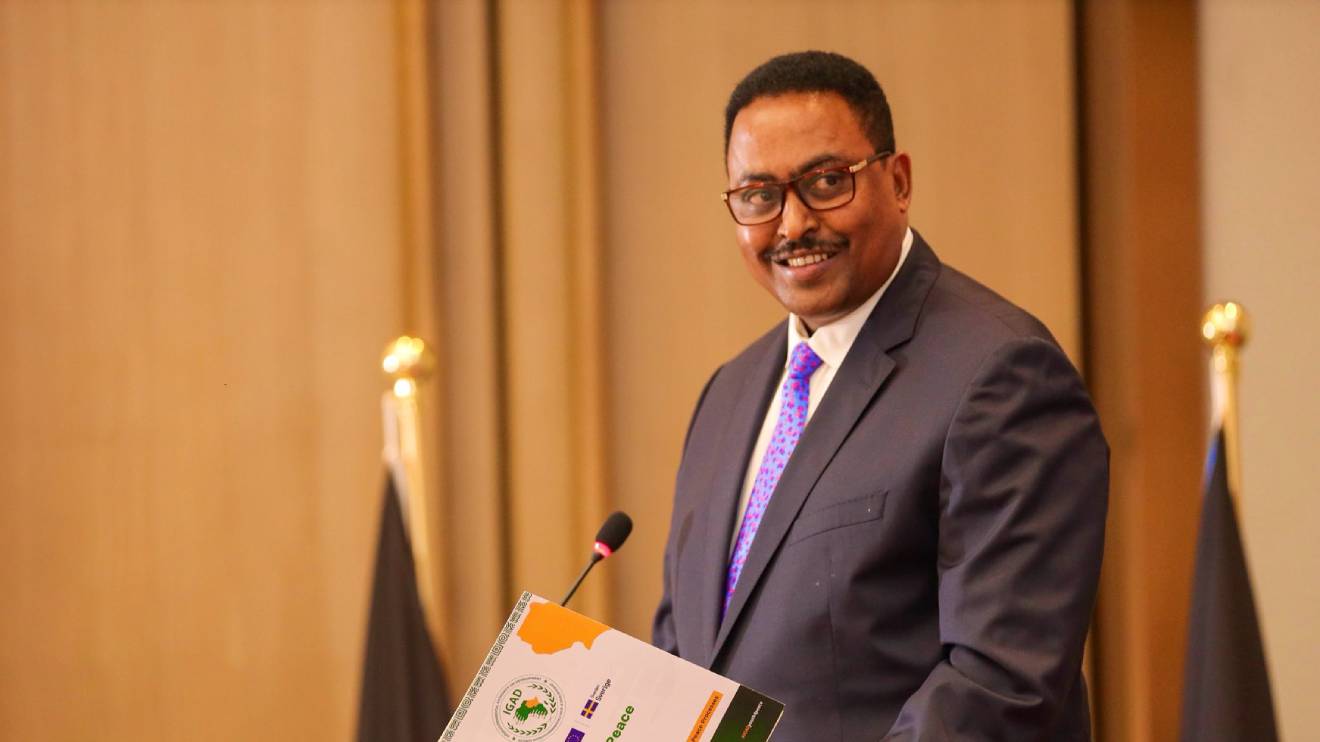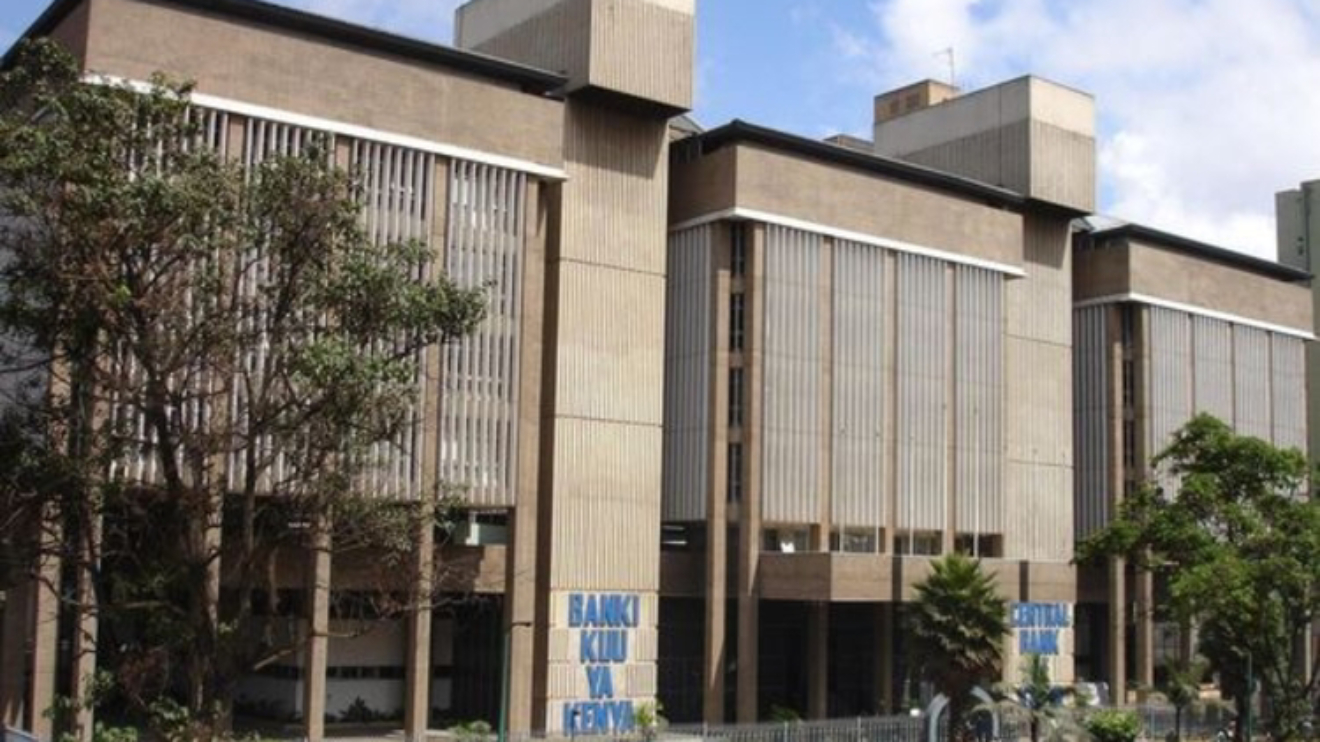In a pressing update from the Ministry of Public Service and Human Capital Development, over 180,000 National Identity Cards are currently unclaimed at Huduma Centres nationwide.
This significant backlog has come to light during the celebration of the 2024 Customer Service Week, which began on Monday and will continue until Sunday.
During the launch event, Cabinet Secretary Justine Muturi underscored the scale of the issue, revealing that not only are ID cards piling up, but there are also 47,000 driving licences and 54,000 birth certificates awaiting collection by their rightful owners.
This accumulation of unclaimed documents has prompted the National Registration Bureau (NRB) to encourage citizens to visit their local Huduma Centres to retrieve these essential items.
The situation has been exacerbated by a surge in applications; between 12th and 26th August 2024 alone, the NRB received an additional 108,697 applications for National Identity Cards, further contributing to the growing backlog.
Read More
By the end of August, a staggering 476,167 printed ID cards remained uncollected across registration offices and Huduma Centres.
Nairobi County stands out with the highest number of unclaimed IDs, tallying 55,327. Kiambu and Nakuru follow closely behind with 37,708 and 28,581 uncollected cards, respectively.
Other counties grappling with similar challenges include Kisumu (18,529), Mombasa (17,140), and Kisii (15,842), among others.
In light of these challenges, Muturi reiterated the government’s dedication to enhancing service delivery at Huduma Centres.
“We are working to make sure that services like renewing a driver’s license are available in more Huduma Centres,” he affirmed.
The objective is clear: to ensure that Kenyans receive their vital documents without unnecessary delays.
As the 2024 Customer Service Week unfolds, the emphasis is placed not just on the celebration of customer service but also on rectifying the inefficiencies that have led to the current document backlog.
The government’s commitment to improving access to essential services reflects a proactive approach in addressing the needs of citizens and streamlining the process of document issuance.

-1728458438.jpg)









